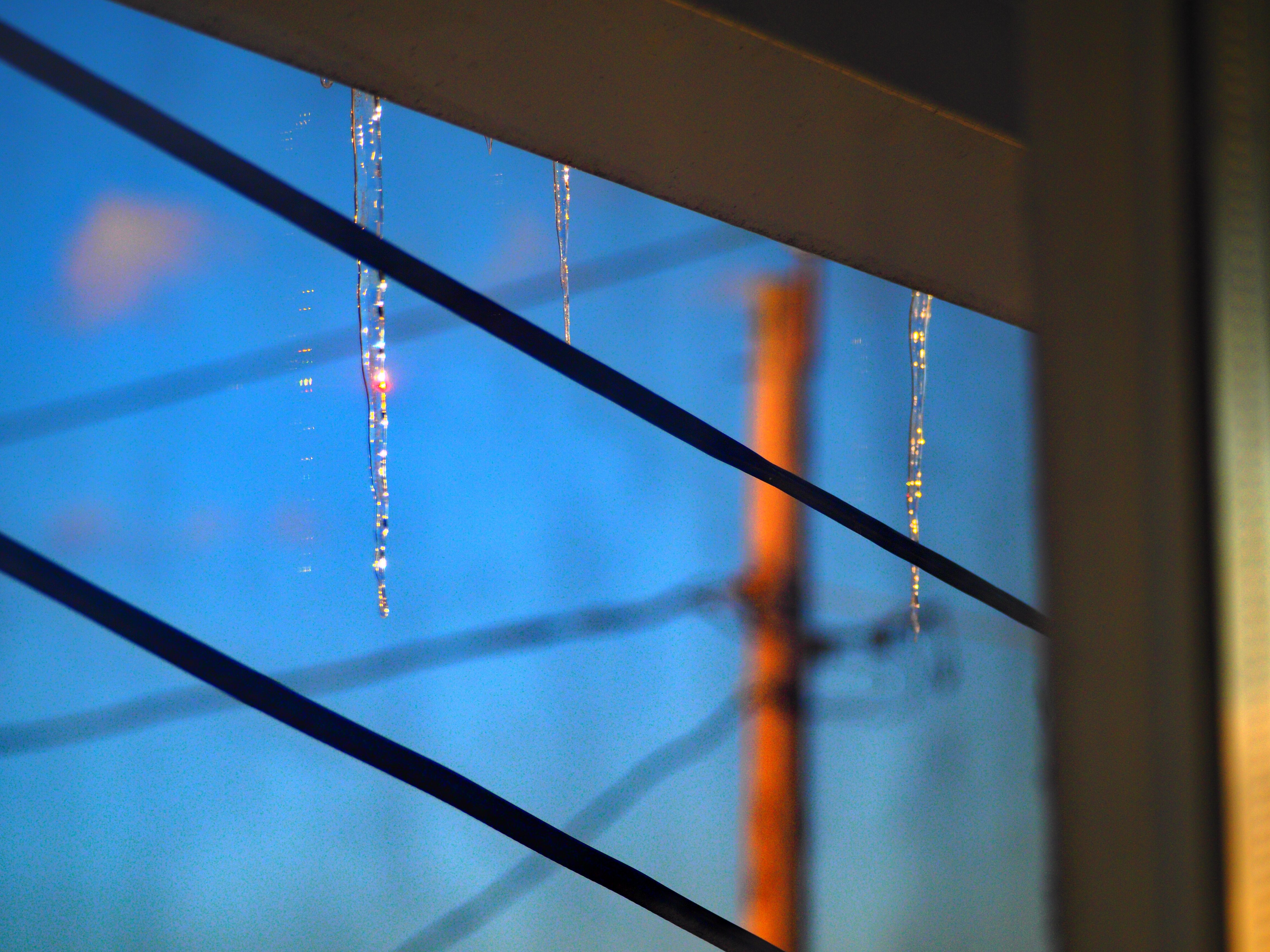-
Posts
40,111 -
Joined
Content Type
Profiles
Blogs
Forums
American Weather
Media Demo
Store
Gallery
Everything posted by LibertyBell
-
Last night was horrible I hope it doesn't rain for 4 weeks, I was without power for most of the night and so was my entire block.
-
One miserable day is worth it since the rest of the week will be sunny and dry! :-)
- 1,603 replies
-
- spring
- cool temps
-
(and 3 more)
Tagged with:
-

Extended summer stormlover74 future snow hole banter thread 23
LibertyBell replied to BxEngine's topic in New York City Metro
wow really nice-- I cant wait until we get back to this weather tomorrow! -
the power went out here (again)
- 1,603 replies
-
- spring
- cool temps
-
(and 3 more)
Tagged with:
-
no wonder it feels so icky
- 1,603 replies
-
- spring
- cool temps
-
(and 3 more)
Tagged with:
-
Not yesterday?
- 1,603 replies
-
- spring
- cool temps
-
(and 3 more)
Tagged with:
-
87 here with low dewpoints and low humidity it's hard to get any better than that.
- 1,603 replies
-
- spring
- cool temps
-
(and 3 more)
Tagged with:
-
Yesterday completely rocked, it will be difficult to have anything top it this year.
- 1,603 replies
-
- spring
- cool temps
-
(and 3 more)
Tagged with:
-
Maybe we can make up for the cloudiness with a nice stretch now!
- 1,603 replies
-
- spring
- cool temps
-
(and 3 more)
Tagged with:
-

Extended summer stormlover74 future snow hole banter thread 23
LibertyBell replied to BxEngine's topic in New York City Metro
I think copying and pasting the text inside the tweet is easier. -
hmmm I wonder when the earliest 70 degree low was?
- 1,603 replies
-
- spring
- cool temps
-
(and 3 more)
Tagged with:
-
It was the perfect day-- it hit 87 here at 4 PM low humidity and zero absolutely clouds!
- 1,603 replies
-
- 2
-

-
- spring
- cool temps
-
(and 3 more)
Tagged with:
-
Why does last year's May seem so much warmer? More 80+ days maybe?
- 1,603 replies
-
- spring
- cool temps
-
(and 3 more)
Tagged with:
-
Ideal weather!
- 1,603 replies
-
- 3
-

-

-
- spring
- cool temps
-
(and 3 more)
Tagged with:
-
wasn't last May much warmer and drier than this one though?
- 1,603 replies
-
- spring
- cool temps
-
(and 3 more)
Tagged with:
-
we hit 86 degrees here last hour with very low humidity, I want this in the summer-- except 100 degrees 50 dew point!
- 1,603 replies
-
- spring
- cool temps
-
(and 3 more)
Tagged with:
-
its ideal weather with low humidity, we hit 86 here
- 1,603 replies
-
- spring
- cool temps
-
(and 3 more)
Tagged with:
-
ideal weather! pristine blue skies too!
- 1,603 replies
-
- spring
- cool temps
-
(and 3 more)
Tagged with:
-
yes the ideal weather! I want this in the summer-- 100 degrees dew point of 50
- 1,603 replies
-
- 1
-

-
- spring
- cool temps
-
(and 3 more)
Tagged with:
-
today is the perfect day! we're the area hot spot too!
- 1,603 replies
-
- spring
- cool temps
-
(and 3 more)
Tagged with:
-
Yup my ideal weather.
- 1,603 replies
-
- spring
- cool temps
-
(and 3 more)
Tagged with:
-
He's supposed to be on the south shore though.
- 1,603 replies
-
- spring
- cool temps
-
(and 3 more)
Tagged with:
-
Friday could be the warmest day of the week.
- 1,603 replies
-
- spring
- cool temps
-
(and 3 more)
Tagged with:
-
Don't worry you'll get another soaking on Monday lol. At least most of the weekend will be nice I'm willing to give up Memorial Day for a dry weekend.
- 1,603 replies
-
- 2
-

-
- spring
- cool temps
-
(and 3 more)
Tagged with:
-
How did you get so high when you're further east from me and sticking out into the ocean lol?
- 1,603 replies
-
- spring
- cool temps
-
(and 3 more)
Tagged with:

